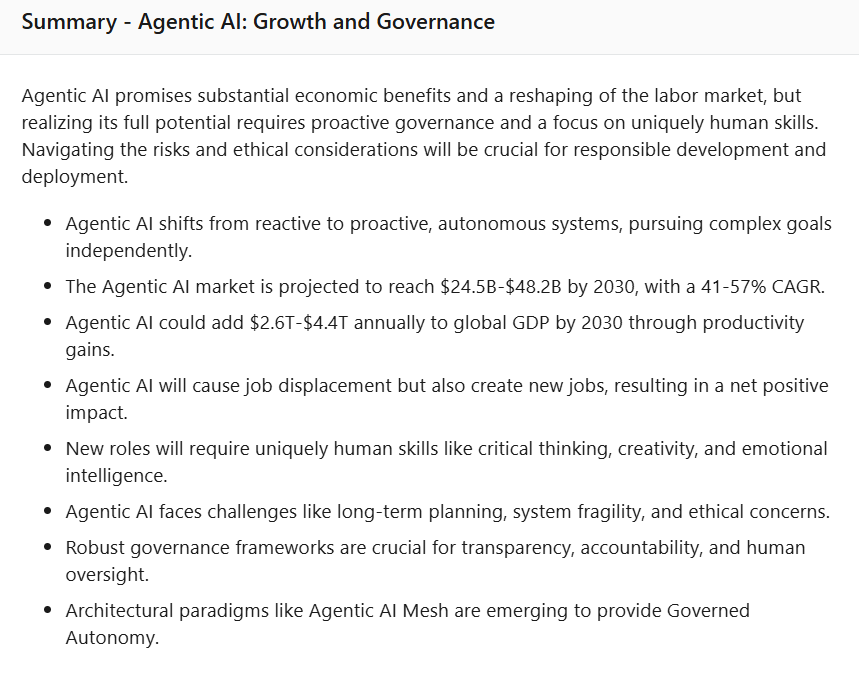Agentic AI represents a fundamental paradigm shift in artificial intelligence, moving from reactive tools to proactive, autonomous systems capable of pursuing complex, long-term goals without continuous human intervention. This transformative technology is poised for explosive market growth, with projections estimating the global Enterprise Agentic AI market will reach between $24.5 billion and $48.2 billion by 2030, demonstrating a Compound Annual Growth Rate (CAGR) of 41-57% from 2025.
The economic benefits are substantial, with PwC estimating a contribution of $2.6 trillion to $4.4 trillion annually to global GDP by 2030, driven by productivity gains, operational cost reductions, and new revenue streams. Industries from healthcare to finance are already witnessing tangible returns on investment, with examples like Walmart achieving a 22% lift in e-commerce revenue and JPMorgan reducing contract review error rates by 80% using agentic systems.
However, this evolution will profoundly reshape the labor market. While 85 million jobs may be displaced by 2025, the World Economic Forum projects that 97 million new jobs will be created by the same year, primarily in roles that require human oversight, ethical governance, and strategic collaboration with AI. The demand for uniquely human skills, such as critical thinking, creativity, and emotional intelligence, is expected to grow as 39% of existing skill sets are projected to become outdated by 2030.
Navigating this era requires a proactive and holistic approach: businesses must invest in scalable deployments, prioritize interoperability, and fundamentally reimagine workflows. Concurrently, robust governance frameworks that emphasize transparency, accountability, and human-in-the-loop (HITL) systems are crucial for mitigating significant technical, operational, and societal risks, including issues of intellectual property, bias, privacy, and even "rogue AIs." Policymakers must foster adaptive regulatory environments and promote international cooperation to ensure responsible development and equitable access.














Share this post